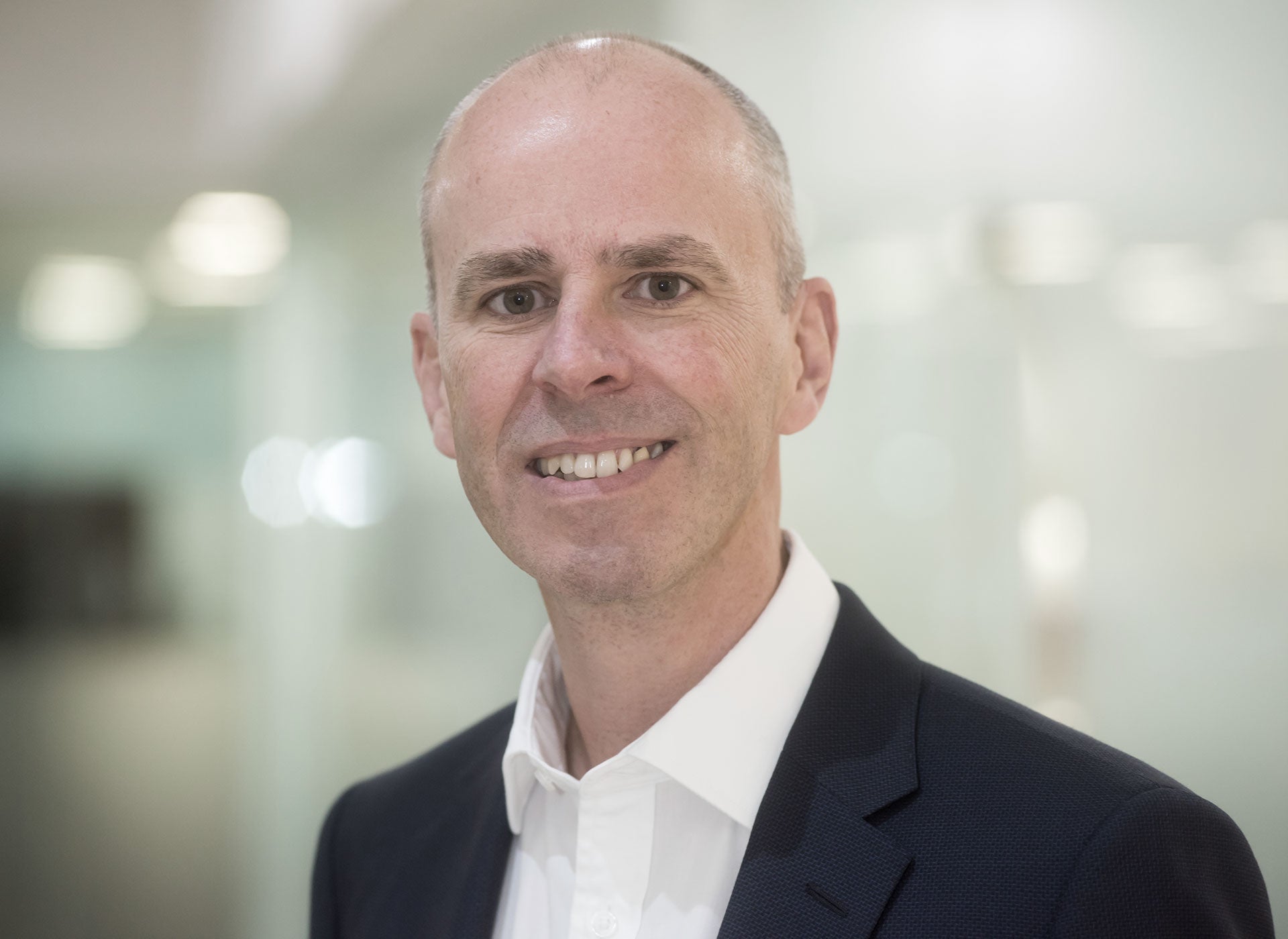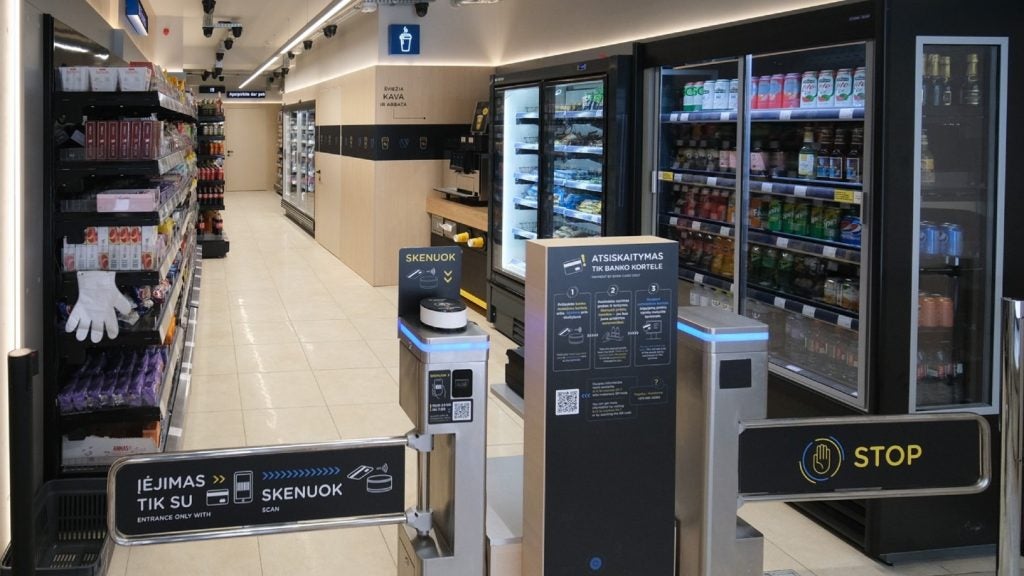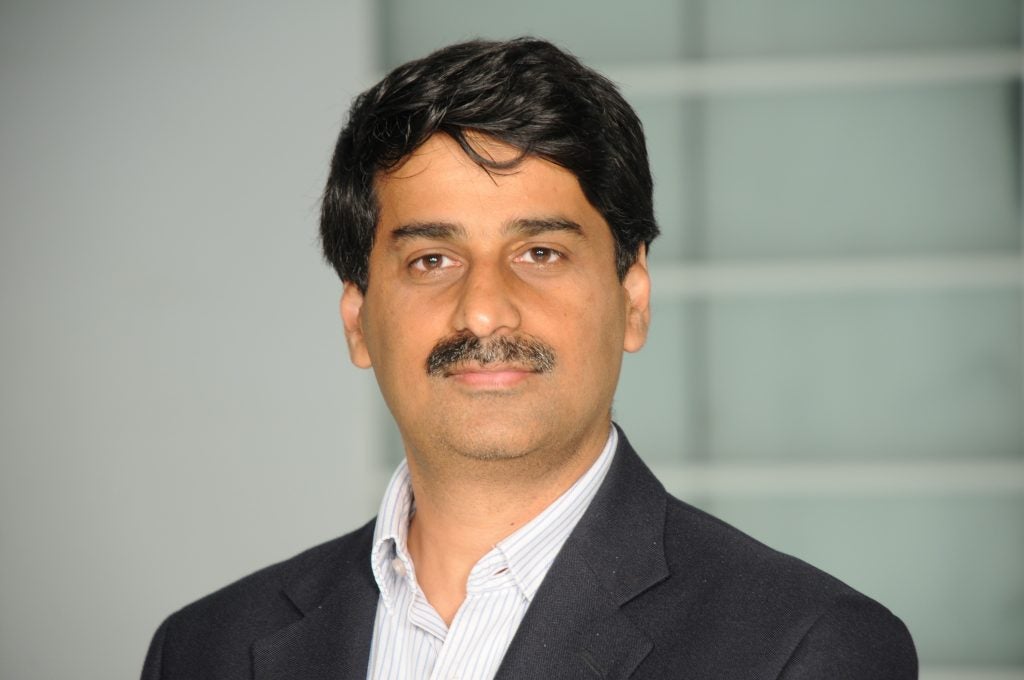
Patrick Smith is CTO, EMEA of Pure Storage, a key player in the cloud and data storage space that was originally founded in 2009.
An alumni of Credit Suisse, Merrill Lynch and Goldman Sachs, Smith’s experience in financial services technology spans 25 years.
In this Q&A, the seventh in our weekly series, Smith discusses the promise of open source, the importance of preparing for the unexpected and why Satya Nadella is a worthy hero.
Rob Scammell: Tell us a bit about yourself – how did you end up in your current role?
Patrick Smith: I started off as an electronic design engineer, then began managing a CAD system for a large engineering company. It’s for this reason that I’ve always been interested in the infrastructure side of the job, as it’s a perfect combination of engineering and IT. I’ve also spent 25 years working client side for financial services companies, which has given me an appreciation for the demands placed on enterprises.
What’s the most important thing happening in your field at the moment?
To put it short, data. Data drives innovation that not only fuels change for businesses – but also wider societal changes.
However, for this to happen, businesses, governments and organisations are calling for a modern data experience – one that allows innovation to flourish, free of any barriers to data. A more autonomous data experience frees up time and expense to drive real change.
How well do you really know your competitors?
Access the most comprehensive Company Profiles on the market, powered by GlobalData. Save hours of research. Gain competitive edge.

Thank you!
Your download email will arrive shortly
Not ready to buy yet? Download a free sample
We are confident about the unique quality of our Company Profiles. However, we want you to make the most beneficial decision for your business, so we offer a free sample that you can download by submitting the below form
By GlobalDataWhich emerging technology do you think holds the most promise once it matures?
I’m cheating here – but I’m a huge fan of open source. It’s always emerging, there’s always a new project, and it delivers transformational capabilities that today underpin most of the technology-based services we consume not just today, but tomorrow and beyond as well.
Here’s to the projects that follow in the footsteps of; Linux, Kubernetes, Ansible, Tensorflow and MongoDB, they will continue to change the world through people power.
How do you separate hype from disruptor?
I believe it directly relates to real-life applications and benefits to the business. When considering new solutions or technology, you have to ask yourself ‘How will this actually benefit me and my business?’ If it doesn’t deliver tangible results, or it is not ready yet, it’s not changing or ‘disrupting’ anything.
What’s the best bit of advice you’ve been given?
I’ve had the benefit of being surrounded by inspirational and driven people, so it’s hard to pick one specifically, but the importance of fostering a collaborative culture is a great leadership lesson that I strive to live by. We are all individuals, and each bring something unique to the table – a good leader will be able to identify this and create a culture whereby strengths are utilised.
Where did your interest in tech come from?
When I was 13 I got my first computer as a present, but the catch was that I had to actually assemble it myself. It just came as a big bag of components – this was no IKEA cupboard, there was no set list of instructions. That definitely sparked my interest in tech.
What does a typical day look like for you?
Beyond my breakfast coffee, there really isn’t much that is typical in my day. I’ve had so many roles in my 25-year long career, and that’s really prepared me to adapt – a key quality when you’re working in this industry. I believe that if you get too stuck in routine, any change or disruption could be stressful, so at least for me, I prepare for the unexpected.
What do you do to relax?
I focus on spending time with my family, and when I do I make sure not to have my phone in front of me. Technology can be a great enabler for flexible working, but it’s not a sustainable way of working if you never switch off completely.
Who is your tech hero?
Tech hero is a tricky one, generally that’s a person in history – for example Clive Sinclair is the reason I got into technology in the first place – but more recently it’s hard to look past Satya Nadella.
What he has done at Microsoft is nothing short of astonishing; he’s not only transformed the company, its direction and focus but also radically shifted the culture and he’s only six years into his tenure as CEO.
What’s the biggest technological challenge facing humanity?
Singling one out is tricky, but what’s caught my attention lately is the issue surrounding ethical and responsible AI.
AI can be an enabler of some great innovation – we’re witnessing it every day, whether it’s powering medical research to find cures for cancer, predicting crop shortages or improving business productivity. However, it’s only as reliable and ethical as the data that feeds it.
There has naturally been a lot of skepticism about the uses of AI. However, not only do the risks of biased or adversarial AI pose a huge threat, we also risk halting the positive innovation it enables if we don’t fix this problem.
Much like climate change, if ignored, we may only realise the impact of unethical AI at a point where there is little or no ability to influence it, so we need to act.
Read more: CTO Talk: Q&A with Fortanix’s Anand Kashyap





